The Blessed Enrico does not belong to past centuries when a holiness of life inside a community could be said to have been easier. He was a child of our time and our culture; he lived with his confreres who reflected – side by side with undoubted capacities and positive talents – the contradictions, struggles and contrasts of our epoch, through periods of widespread hostility to the Church and a dominant anti-clericalism. He observed from near to hand, in his house which had been transformed into a military hospital, the bitter fruits of the First World War. He witnessed the establishment of dictatorships and racial laws, a subject which caused him great suffering during the last days of his life. He held fatiguing positions of responsibility that did not coincide with his wish to live his priestly life in a discreet way.
In this variegated framework of events that were at times burdensome, and which made the pathway of holiness arduous, there wound its way the golden thread of that exemplarity of life that so struck his contemporaries in a favourable way.
The decree of the Congregation for Saints Super virtutibus illustrates the rich spiritual endowment of Father Rebuschini in its truest light – that of a Camillian who honoured his vocation in service to the sick. Herein lay his identity. Even before becoming a Camillian at the age of twenty-seven, he wrote in a notebook that he wanted to develop the virtue of listening and service to his neighbour. He felt driven to do for his neighbour what it was in his power to do: ‘to love him with the same love that God loves him’; ‘to love him as a creature of God’; to be in his spirit ‘His lowest servant’; to love his neighbour ‘before God so that my only thought about them is to pray for their needs and to do the little that I can in the spirit of a lowest servant, because this is my duty’.
He followed these thoughtful and noble resolutions with facts. He gave up his steady job in the silk company of his brother-in-law because despite his good will he felt that a career in business did not correspond to his propensities. He was an accountant at the city hospital of Cono but he was dismissed after a few weeks because he left his office too often to go to the wards and visit the patients. He looked directly at their needs, helped them to solve their problems, supported them morally and materially as well, with generous gifts of money. Following a recommendation of his aunt, Lena, who was president of the San Vincenzo, he visited the sick and the poor in their homes, being always kindly and helpful. As a result, when he was deciding about entering a religious Order, the decision to become a Camillian fell upon him like a ripe fruit.
From his priestly ordination (1889) until his death (1938), he lived – with a very short interruption at the house for formation – amongst the sick: ten years in the hospitals of Verona and thirty-nine years in the St. Camillus Nursing Home in Cremona. In this latter he was also the financial administrator for thirty-four years and the Superior for eleven years. He performed these appointments with honesty, with integrity, and with care, but every day he made time for a daily visit to the patients and frequent visits to sick people in the city. One can sum up his apostolate – we are told by the decree of the Congregation of the Saints – ‘as an extension of the inexhaustible mercy and patience and goodness of Jesus, who bent down before all the miseries of humanity wounded by sin, through care for suffering bodies he gave peace and salvation to souls’.
This constant irradiation of the charity of Christ – the decree went on – was the lived apologetics of tenderness. The example of Jesus was the secret stimulus of his apostolate which came to an end only with his death. He distributed the gifts of redemption and offered experience of the mercy of God and of that sweetness of the gospel that we all need. He led the sick to God with goodness, sweetness and ‘humanity’, following God’s humanity for men, with words of faith and of hope. He offered the sacrament of reconciliation with discretion and lovingness. He performed his priestly and ordinary duties with dignity, diligence and constancy. He was always ready to receive people with kindness, with a noble touch, and with authenticity of feeling.
This is how he was remembered by the witnesses who were called to testify at the canonical processes: with admiration, with affection, making it be understood to what point that singular ‘apologist of tenderness’ had struck them in their spirits. ‘He shook in a positive way’, the decree declares, ‘his religious Order and the city of Cremona’.
The glorification of Father Enrico Rebuschini is a gift of God that stimulates us and encourages us.
As a gift he is received by the Camillian religious and faithful of Como, Verona and Cremona; as a gift and a model to refer to, workers of the world of health and hospital chaplains look to him.
For a bibliography and his features of holiness one can consult the page on the Blessed Enrico Rebuschini by clicking here.



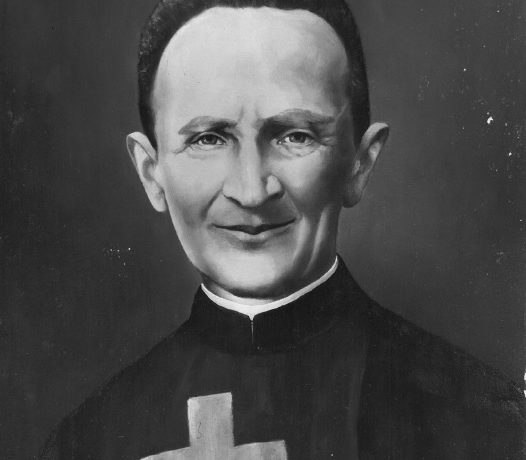
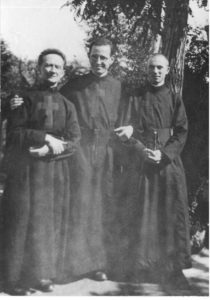
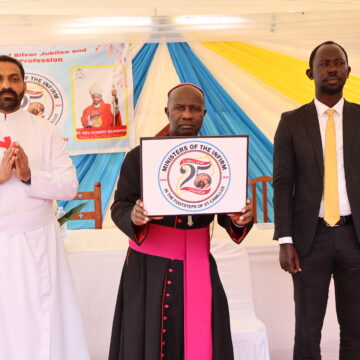
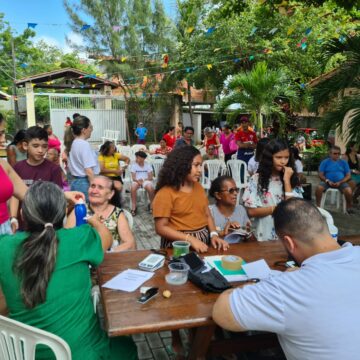
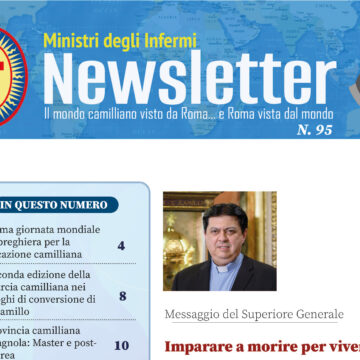
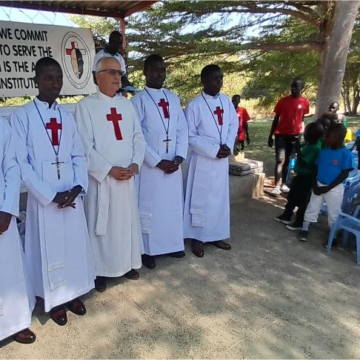
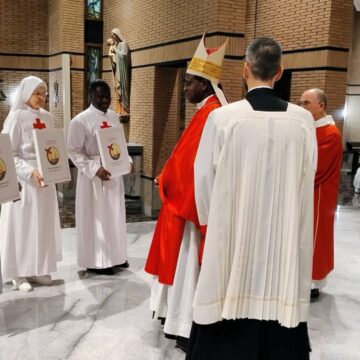

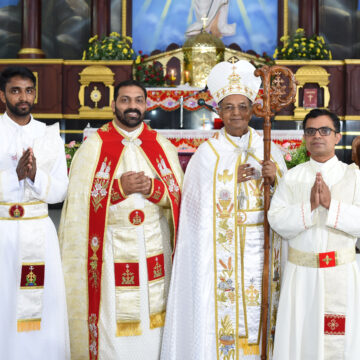
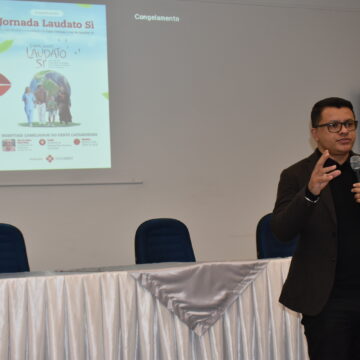
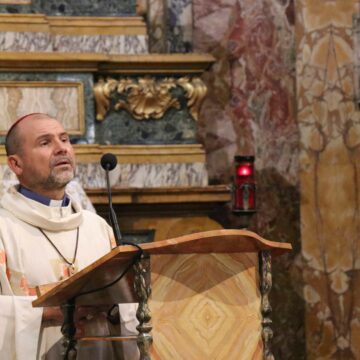
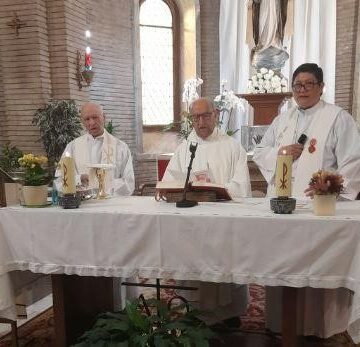
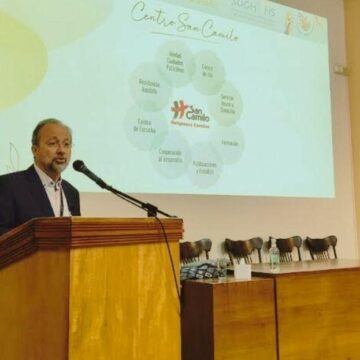
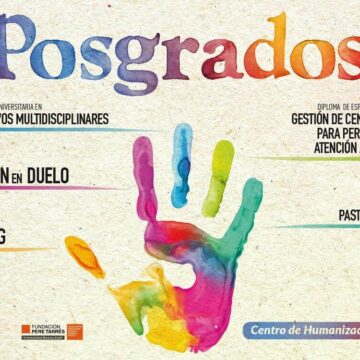
Camillians on Facebook
Camillians on Twitter
Camillians on Instagram